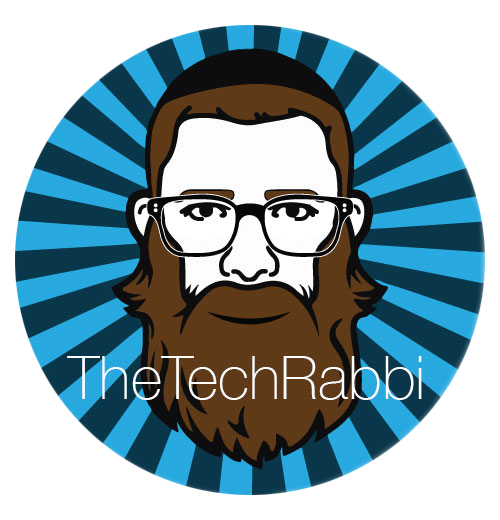Coding Your Story
If you asked me as a kid growing up "what's Python?", I would tell you it was a snake at the zoo. Today it isn't just a slithering reptile, it's the name of one of the most powerful coding languages ever created, and it's the main ingredient in a program sweeping the nation. Meet Scratch. He's not just a cat, he's part of the MIT coding program "Scratch" being embraced by K-5th students and teachers alike. The program takes strings of Python code and turns it into process based blocks that allow users to build a process and establish its values.
Meet Scratch. He's not just a cat, he's part of the MIT coding program "Scratch" being embraced by K-5th students and teachers alike. The program takes strings of Python code and turns it into process based blocks that allow users to build a process and establish its values. As a technology aficionado, I love coding. There is something about building a string of code and watching the process unfurl that I find exciting and challenging. From HTML to Visual Basic, I enjoyed coding starting in high school and always kept it as part of my arsenal of odd skills. In 2013, when the Hour of Code launched, bringing simplified coding into the classroom I asked myself,
As a technology aficionado, I love coding. There is something about building a string of code and watching the process unfurl that I find exciting and challenging. From HTML to Visual Basic, I enjoyed coding starting in high school and always kept it as part of my arsenal of odd skills. In 2013, when the Hour of Code launched, bringing simplified coding into the classroom I asked myself,
what percentage of students will find coding to be a serious hobby, or even more, a future profession?
Without data to back it up, I would say no more than 5%. So what is the role of coding in the classroom for the other 95%? Many Pro-Coding educators will tout its ability to foster 21st-Century skills such as higher-order thinking, problem solving, organization, sequence, and syntax. While this might be true, what is the expense of using coding as the medium to acquire these skills? Is there another medium? Is coding really the answer?For me, coding is a powerful and practical tool, and that is because at the root of it,
coding is nothing more than telling a story.
And like all great stories, there are characters, dramatic structure, and most importantly a sequential flow. If any of these is missing it's hard to engage your audience. It is through this theme of storytelling that some of my greatest technology integration moments have been born, and I want coding to be no different.
As 21st-Century educators we must embrace technology as a method that empowers our student to not just share their message but to believe their ideas can make a difference.
As educators, we must put emphasis on 21st-Century competencies because they give our students the ability to lead, articulate, solve, and redesign experiences around them. It's not enough to simply memorize information and pass a test. The future requires something more of us and whether it's programming the next groundbreaking application or better understanding project management, coding deserves a place in our classrooms.So I challenge you to jump into coding, not because you need to make the next new app, but because your story deserves to be shared.
